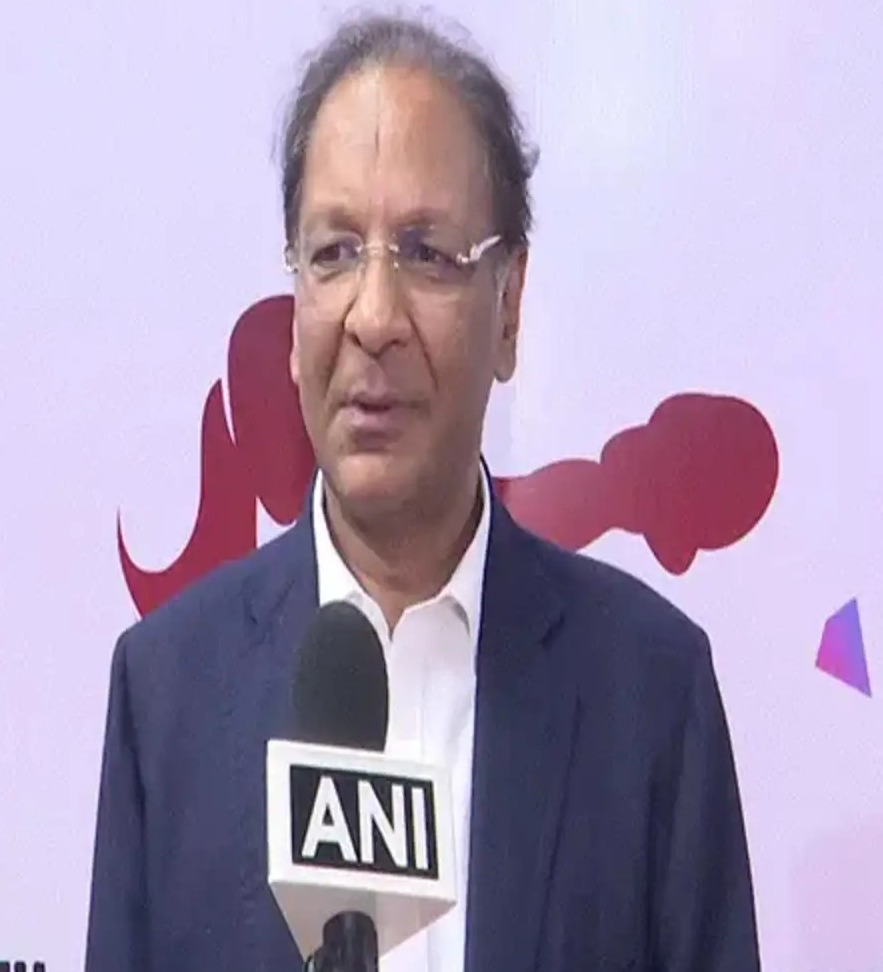
Indian boxing witnessed a moment of continuity this week as Ajay Singh was re-elected as the President of the Boxing Federation of India (BFI) for a third straight term. Singh’s victory came after a closely watched election process that saw participation from 34 state units and represented 66 votes.
Singh defeated Jaslal Pradhan of Sikkim with a margin of 40 to 26, securing another four-year term at the helm of Indian boxing. Alongside Singh, Uttar Pradesh’s Pramod Kumar was elected Secretary General, defeating Madhya Pradesh’s Digvijay Singh with a count of 36 votes to 30.
This re-election, however, is not without its share of controversy. The results remain under the cloud of an ongoing case in the Delhi High Court. Several state units have challenged the constitutional amendments introduced earlier this year by an interim committee that had been overseeing BFI’s daily affairs since April. The elections were initially scheduled for March 28 but were postponed due to legal disputes and were finally held under the supervision of retired Justice Rajesh Tandon as the Returning Officer.
Ajay Singh’s victory also signals the end of the tenure of Assam’s Hemanta Kalita as Secretary General. According to the Sports Code, Kalita was ineligible to contest again after serving two consecutive terms, and he will now move into the mandatory cooling-off period. Delhi’s Neeraj Jain, another contender, had already withdrawn his nomination before the elections.
The Treasurer’s position also witnessed a competitive race. Tamil Nadu’s Pon Baskar defeated Odisha’s Anil Kumar Bohidar and Puducherry’s R Gopu in a three-way contest.
Although the voting is complete, the future of this election may still depend on what the courts decide. A Delhi High Court bench, led by Justice Mini Pushkarna, has already noted that the outcome will be subject to the writ petition filed against the conduct of the polls. The Ministry of Sports and the Indian Olympic Association chose not to send any observers, adopting a wait-and-watch approach until the legal issues are resolved.
A ministry official clarified that while the government is not against the elections, it cannot endorse anything that violates the sports code or constitutional rules. The court had earlier pointed out that sports administration in India should not slip into the domain of politics, stressing that any election must be conducted according to established norms.
Meanwhile, boxing is facing another global debate, this time over eligibility rules in women’s competitions. The world governing body for Olympic-style boxing has announced that all female fighters participating in next month’s World Championships in Liverpool will undergo sex testing. The test will identify the presence or absence of the Y chromosome or equivalent genetic markers to confirm biological sex. This rule, though aimed at fairness, has already sparked discussions on gender and inclusion in sport.
As Ajay Singh begins his third term, he will have to balance both domestic challenges and international expectations. On one hand, his leadership will be judged by how effectively he strengthens the sport at the grassroots and supports India’s medal hopefuls for upcoming international events. On the other, he must navigate the complex legal and administrative hurdles that continue to shadow the BFI.
For Indian boxing, the elections have set the stage for another crucial chapter. While Singh’s return promises continuity, the coming months will reveal whether this stability can translate into real progress inside the ring.





















